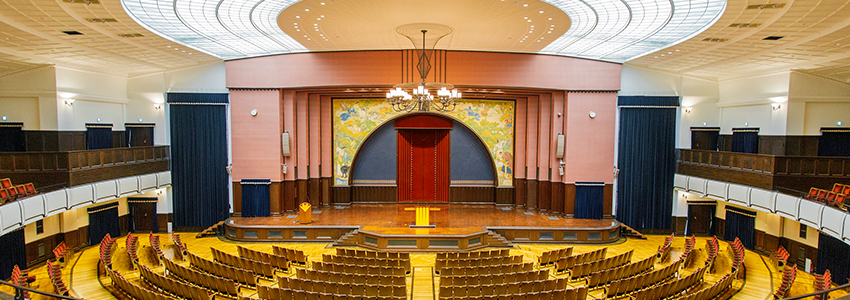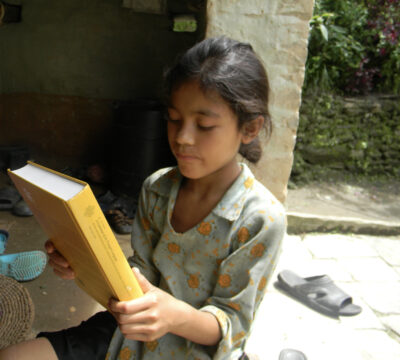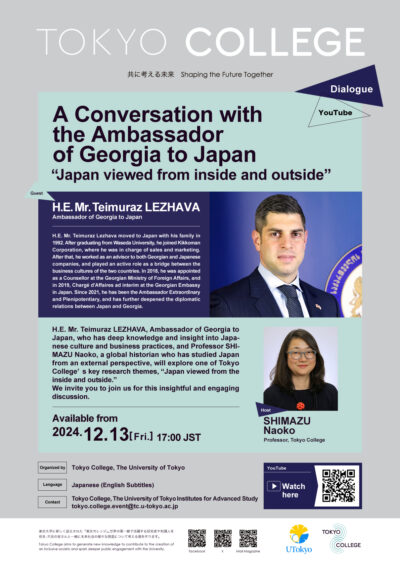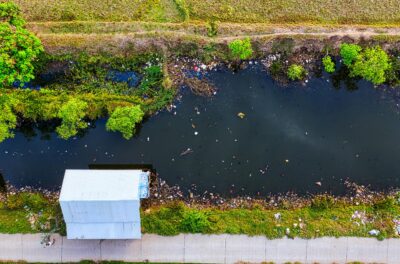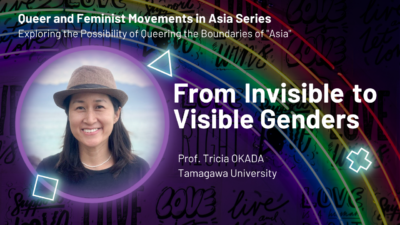The Meaning and Implications of Being a “Visitor-Centered” Museum (Lecture by Prof. Leslie BEDFORD)
イベント予定講演会/LectureTuesday, 22 April, 14:30–16:00 JST
From "Being about Something to Being for Somebody" is the memorable title of Stephen Weil's contribution to the 1999 Daedalus volume on American Museums. Though decades old and not without challenges, the phrase continues to resonate within the museum field. In many ways it encapsulates the ways in which institutions have changed from privileging curator-defined information and institution-defined goals to promoting the visitor's experience and the broader community.
In her talk, Leslie Bedford, a longtime museum practitioner and professor of museum studies, will explore the meaning of Weil's phrase and how it has been implemented by museums, including those she has visited in Japan. Her talk will include a discussion of the online conversations she is facilitating with Japanese museum professionals and academics. And finally, she will raise the question of what "visitor centered" can mean today and in the future.
Designing and Scaling up Nature-based Markets (Lecture by Prof. Beatrice WEDER DI MAURO)
イベント予定講演会/LectureWednesday, April 23, 2025 15:00-16:30 JST
Carbon and nature markets are struggling with low trust, high costs, and limited scale—falling far short of what’s needed. In this lecture, Professor Weder di Mauro presents a new market design co-developed with Estelle Cantillon and Eric F. Lambin. Jurisdictions offer large-scale projects; investors buy shares that yield carbon and biodiversity “dividends” without conferring land ownership. Market prices reveal demand and support liquidity. Compared to credit-based systems, this approach cuts costs, boosts credibility, and supports long-term commitments. It tackles the core problems holding back today’s markets—and offers a credible path to scale with real environmental impact.
Beyond World Literature (Lecture by Prof. Wiliam MARX)
イベント予定講演会/LectureThursday, 8 May, 10:30–12:00 JST
World literature has been a reality since at least the nineteenth century. Texts travel across continents and cultures, translated from every language, taught in universities worldwide, and forming an emerging global canon. Never before have we been so free to read whatever we wish, from anywhere. Or so it seems. But is this true freedom, or merely a comforting illusion? What are the boundaries of this seemingly limitless literary exchange? This talk aims to explore those limits and propose a new approach to literature—a different way of reading texts, one that is either entirely new or, perhaps, simply old and forgotten. Welcome to the world library!


